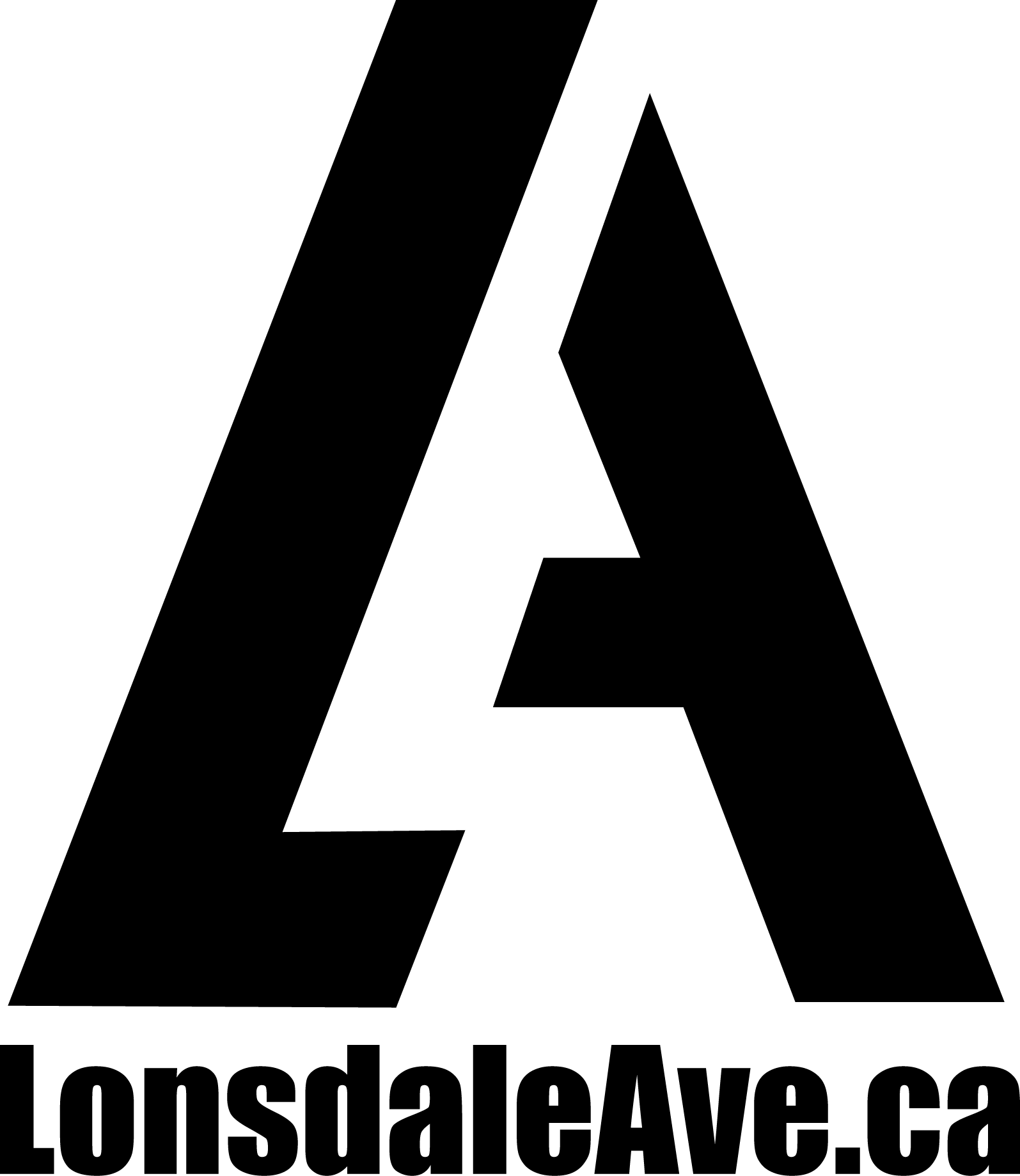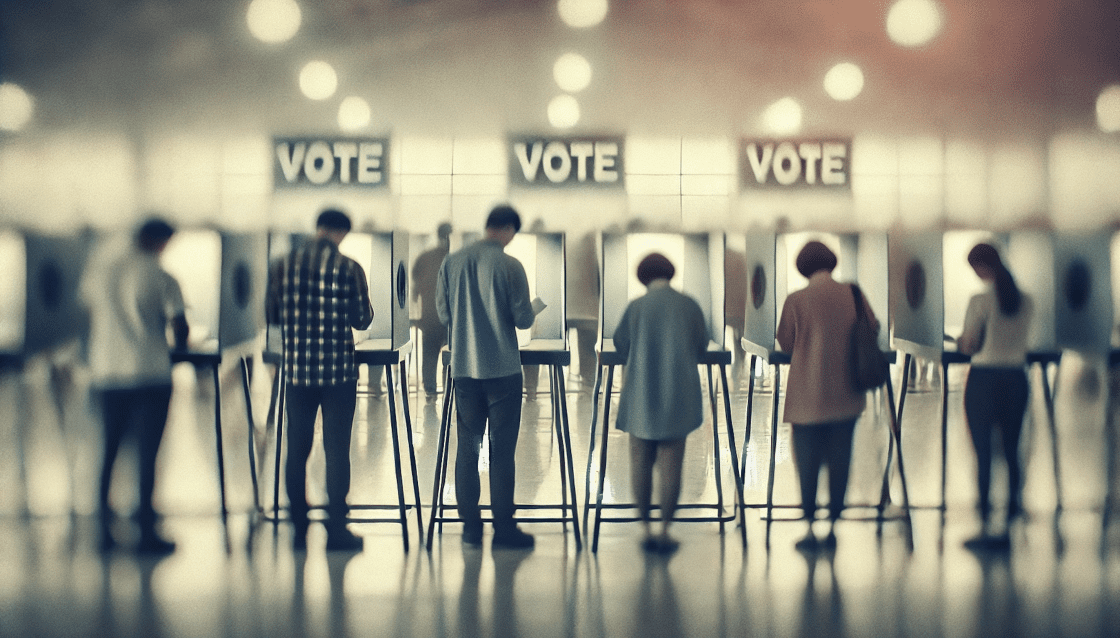British Columbia (B.C.) has a rich history of democratic processes, providing its citizens with the right to choose their government representatives through elections. Managed by Elections BC, a non-partisan organization, the electoral system in B.C. encompasses several different types of electoral events, from general and by-elections to referendums and initiative petitions. This comprehensive guide will walk you through how elections work in B.C., including who can vote, how elections are called, and what happens before, during, and after an election.
Types of Elections in British Columbia
There are multiple electoral events in B.C.:
- Provincial General Elections: Scheduled every four years, these elections allow voters to select Members of the Legislative Assembly (MLAs) who represent the 93 electoral districts across the province.
- By-Elections: These are held when a seat in the Legislative Assembly becomes vacant due to reasons like resignation or death.
- Recall Petitions and Initiative Petitions: Unique to British Columbia, these processes allow citizens to either remove an MLA or propose new legislation through public support.
- Referenda and Plebiscites: These direct votes are used to ask the public to accept or reject specific legislative proposals or government policies.
Each of these events is meticulously planned and executed by Elections BC, ensuring fair and accessible voting for all eligible British Columbians.
The Role of Elections BC
Elections BC plays a crucial role in administering provincial elections. As an independent, non-partisan body under the Legislature, it ensures that the electoral process is free from bias. Elections BC’s mandate is grounded in several key Acts, including the Election Act, Recall and Initiative Act, Referendum Act, and the Local Elections Campaign Financing Act. Their tasks range from maintaining the voters’ list and overseeing campaign finance rules to conducting public outreach and education to promote voter engagement.
One of the essential duties of Elections BC is to manage election logistics. This includes preparing for voting day, hiring and training over 23,000 temporary staff during major electoral events, and setting up voting stations across the province.
Voter Registration: Who Can Vote?
In British Columbia, to vote in a provincial election, you must meet the following criteria:
- Be a Canadian citizen.
- Be at least 18 years old by election day.
- Have been a resident of B.C. for at least six months before the election.
Elections BC maintains the Provincial Voters List, which includes the names and addresses of all registered voters in each district. Citizens can register to vote online, by phone, or in person, even on election day. Elections BC also provides a List of Future Voters, which allows 16 and 17-year-olds to pre-register so they are automatically added to the list once they turn 18.
The organization conducts enumerations—mass registration events aimed at updating and maintaining the accuracy of the voters list. The list is shared with various political entities, such as MLAs and registered political parties, and is also used to help with jury selection.
How Are Elections Called?
In B.C., provincial general elections are held every four years on the third Saturday in October, as mandated by the Constitution (Fixed Election Dates) Amendment Act, 2001. This ensures that elections are predictable, regular, and transparent. However, the Premier still has to formally request the Lieutenant Governor to dissolve the Legislative Assembly before the election process officially begins.
There are, however, instances when elections can be called earlier than scheduled. If a sitting government loses a vote of confidence in the Legislative Assembly, the Premier may either resign or ask the Lieutenant Governor to dissolve the Assembly and call for an election.
The Election Process: Step by Step
- Dissolution of the Legislative Assembly: Once the Premier calls an election, the Lieutenant Governor dissolves the Legislative Assembly, officially ending its current session. Elections BC then issues the writs of election, which formally start the election process in each electoral district.
- Nomination of Candidates: Political parties nominate candidates to run in each of the 93 electoral districts. Independents can also run without party affiliation. To qualify as a candidate, one must be a Canadian citizen, 18 or older, and not hold certain government or judicial positions.
- Campaigning: Once the writs are issued, a campaign period begins, lasting from 37 to 51 days. During this time, candidates and parties engage with the public to promote their platforms. Campaign activities include door-to-door canvassing, advertisements, and participation in debates.
- Voting: There are multiple ways to vote in British Columbia, making the process accessible:
- In-Person Voting on Election Day: The most traditional form of voting happens on the scheduled election day, where voters visit polling stations in their electoral district.
- Advance Voting: For those who cannot vote on election day, advance voting is available for several days in the lead-up to the election.
- Voting by Mail: Voters can request a mail-in ballot if they prefer not to vote in person.
- Voting at District Electoral Offices: Voters can also cast their ballot at any district electoral office during its open hours.
- Counting the Votes: After polls close, election officers begin counting the votes. In this election, electronic tabulators will be used to count paper ballots, ensuring faster and more accurate results.
- Announcement of Results: Preliminary results are announced on election night, and media outlets report the outcomes in real-time. After the official count is validated, winners are declared, and the successful candidates become MLAs.
First-Past-the-Post Electoral System
British Columbia uses a first-past-the-post voting system. In this system, the candidate who receives the most votes in an electoral district wins, even if they do not receive a majority (over 50%) of the votes. The political party with the most elected MLAs typically forms the government, and the leader of that party becomes the Premier.
Campaign Finance and Electoral Boundaries
Elections BC also administers rules around campaign financing to ensure fair play in the election. Political parties, candidates, and third-party advertisers must follow strict financial reporting requirements. These include disclosing donations, adhering to spending limits, and providing transparent financial reports after the election.
Electoral boundaries, which define the 93 districts in the province, are periodically reviewed by an independent Electoral Boundaries Commission. This ensures that each MLA represents a roughly equal number of constituents as the population grows and shifts.
What Happens Between Elections?
Between elections, Elections BC doesn’t just rest. They are continuously at work updating voter registration, maintaining electoral data, and preparing for potential by-elections or recall campaigns. They also run public education programs to raise awareness about voting rights and processes, and they ensure that all materials, staff, and systems are ready for the next electoral event.
Closing Thoughts
British Columbia’s electoral system is a well-organized, democratic process designed to ensure that every eligible citizen has the opportunity to vote and that the election process is fair, transparent, and accessible. Whether you are voting in a general election, a by-election, or participating in a referendum, the process is administered with a high level of professionalism and impartiality, thanks to Elections BC. From voter registration to the counting of ballots, B.C. strives to maintain a modern, trusted, and inclusive electoral system that reflects the will of the people.
Resource Links
Elections BC
BC’s Electoral Process
BC Elections Overview
The Party System
Elections Step by Step
Election Maps
Wikipedia


